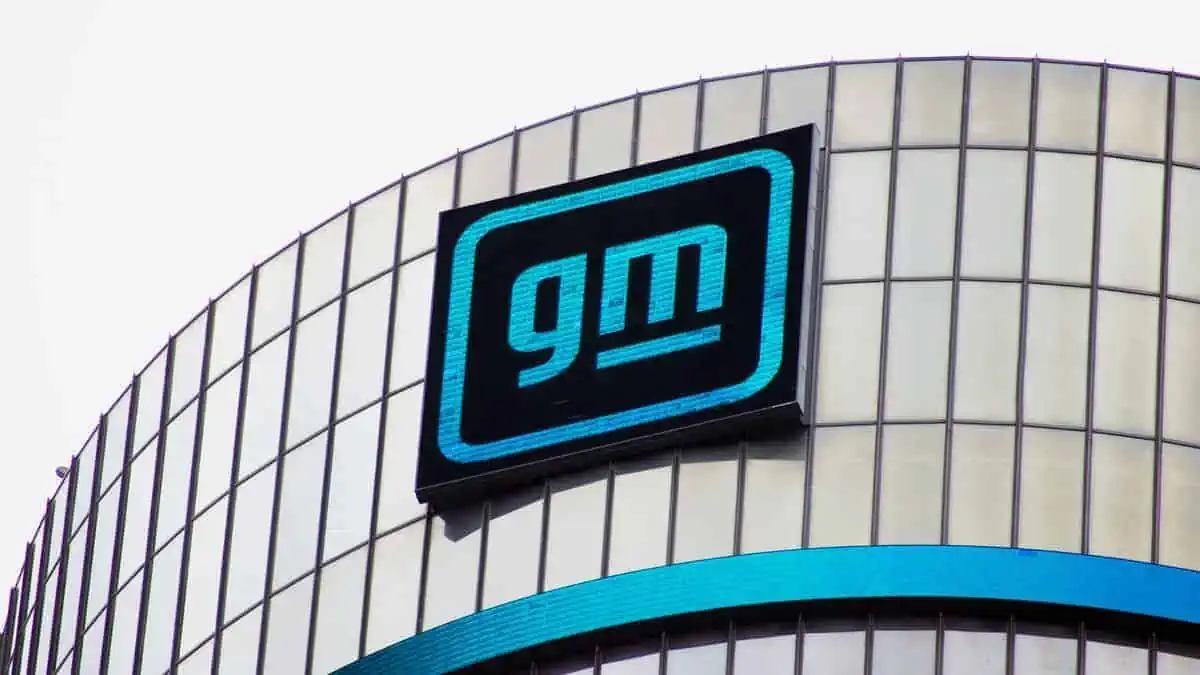Japanese legacy automaker Nissan pledged to “press ahead” with its goal to become an all-electric brand in Europe by 2030, BNN Bloomberg reports. It is undoubtedly a notable decision, considering the UK Prime Minister’s commitment to delay the new petrol car sales ban by 2030.
As part of Nissan’s electrification strategy, it will only sell battery electric vehicles (BEVs) in the region by the end of the decade. The reiteration of the company’s 2030 target occurred as it introduced a new EV concept in London, The Guardian reports.
Policy delay
UK Prime Minister Rishi Sunak decided to push back the government’s prior target of banning traditional internal combustion engine-powered vehicles, including diesel and petrol, by another five years to 2035.
The Prime Minister argues that the policy delay is crucial for customers, especially those who cannot yet afford expensive EV models.
“It should be you, the consumer that makes that choice, not government forcing you to do it.”
UK Prime Minister Rishi Sunak
In effect, many automakers who had already committed to transition by the end of the decade to adhere to the policy were disappointed with the changes. Likewise, green energy supporters, MPs, and some automotive organizations were protesting.
Apart from Nissan, several automakers like Ford and Stellantis also announced plans to only sell electric models by 2030. Meanwhile, Volvo aims to do so worldwide by the same year.
Considering the significant investments the companies already allotted for the planned transition, they would undoubtedly be prompted to still pursue electrification despite the delay.
“There’s no going back. The world needs to move on from internal combustion engines.”
Makoto Uchida, Nissan President and CEO
Electrification strategy
Nissan committed to develop 19 battery-electric and eight hybrid vehicles before 2030. It also plans to launch a new “cobalt-free” technology to lower EV battery costs by 65% by 2028.
Moreover, it currently explores innovative ways to reduce charging time by one-third through solid-state battery technology, with plans to launch it in five years.
“EVs powered by renewables are key to us achieving carbon neutrality, which is central to our Ambition 2030 vision. Nissan will make the switch to full electric by 2030 in Europe – we believe it is the right thing to do for our business, our customers and for the planet.”
Makoto Uchida, Nissan President and CEO
During the Concept 20-23 design debut in Paddington, London, the Nissan boss further noted that the company is actively discussing with the government to make things work.
“We are in collaboration and discussion with the government and how we can make sure that this country can be competitive.”
Makoto Uchida, Nissan President and CEO
Advantage
Notably, Nissan remains the sole automaker to operate its own battery production factory in the UK.
According to BBC, Nissan plans to allocate £1 billion for the expansion of the facility beside its Sunderland factory. The government supported the project with a £100 million fund.
Nissan’s local production is a significant advantage against its competitors relying on imports.
As the post-Brexit trading deal mandates, automakers must acquire 45% of the car’s components from the EU or the UK to avoid a 10% export tariff starting in January 2024.
See Also:
- Nissan to kill iconic Maxima car to focus on electric vehicles
- Nissan to invest about $663M in Renault’s Ampere
- Nissan advances as the first Japanese automaker to adopt Tesla’s NACS by 2025
- Nissan’s Infiniti announces rebranding strategy, presents revolutionary successor to Leaf EV
- Nissan introduces “X-in-1” E-Powertrains to save 30% on costs
Batteries remain an expensive component of electric vehicles. That said, several automakers forewarned that they might not achieve the 45% standard. Now, they are calling for the government to negotiate the terms and delay the policy by at least three years. Meanwhile, Nissan may significantly grow in the region with its current local production capability and technological advancement plans.






